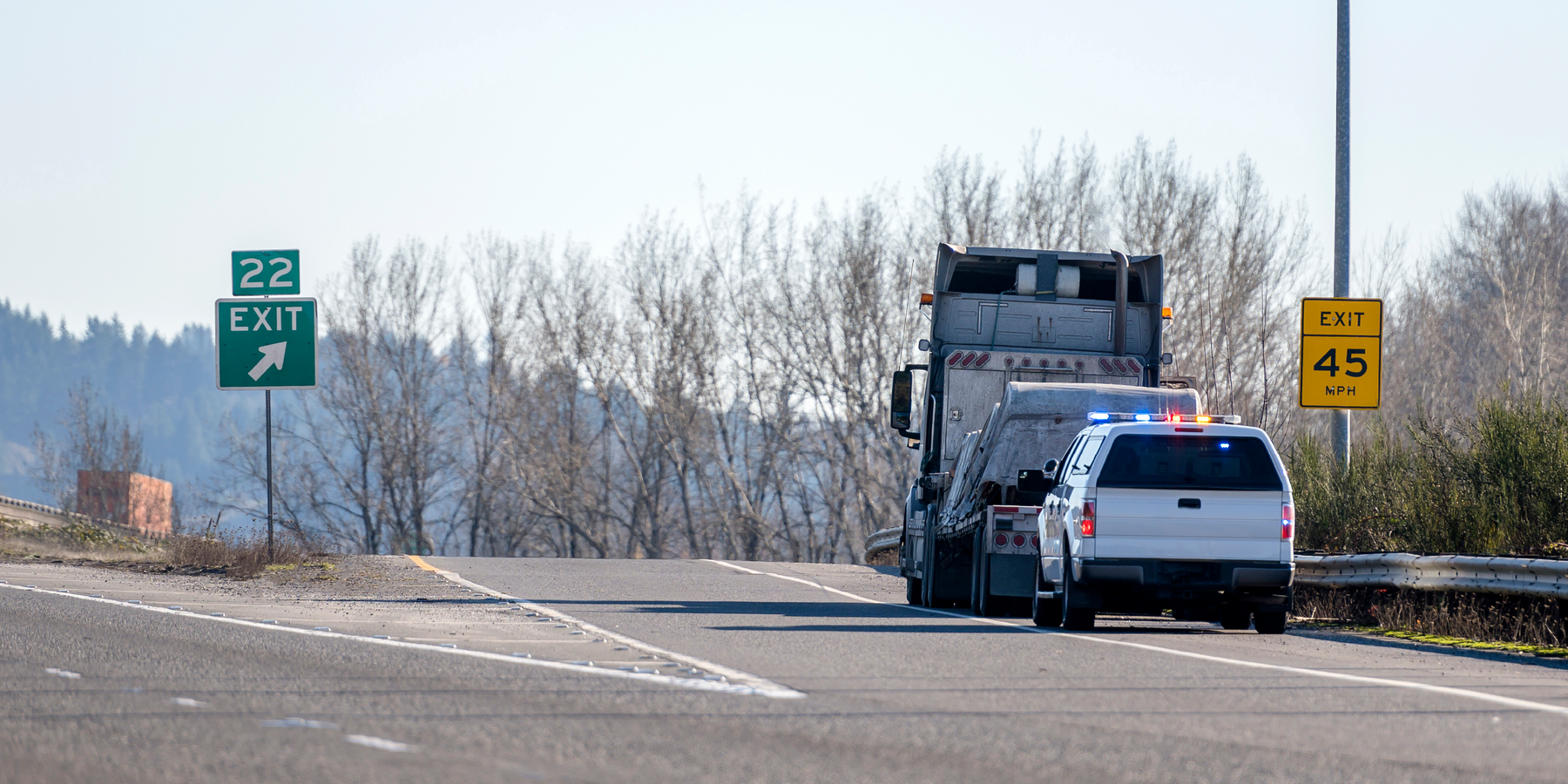Avoiding Costly Cargo Securement Violations: What Fleet Managers Need to Know
Fleet operating costs are expected — insurance, fuel, maintenance, and repairs. But avoidable costs, like unsecured load fines, are becoming a serious concern for fleet managers across the country.
With Department of Transportation (DOT) enforcement increasing and penalties rising, it's time for fleet professionals to take a proactive approach to cargo securement compliance.
⚠️ Unsecured Load Violations Are on the Rise
In today’s pro-safety culture, load securement violations are no longer overlooked. The DOT is increasing inspections and enforcement targeting work trucks, utility vehicles, and commercial pickups, not just tractor-trailers.
Why it matters:
-
Unsecured loads pose serious risks to public safety
-
Violations can result in heavy fines and Out-of-Service (OOS) orders
-
Costs go beyond fines — operations, schedules, and reputation all take a hit
📊 Common Cargo-Related Violations
Fleet vehicles are frequently cited for the following cargo issues:
-
Improper or insufficient tie-downs
-
Loose or shifting loads
-
No use of containment systems like nets or straps
-
Damaged or non-DOT-compliant securement gear
📅 2025 DOT Penalty Update: Even Bigger Stakes for Unsecured Loads
As of December 30, 2024, FMCSA’s annual inflation adjustment has increased maximum penalties for Out-of-Service violations
Even violations like recordkeeping and paperwork can cost up to $1,584 per day or $15,846 total foleyservices.com. With unsecured load issues frequently triggering costly OOS violations, now is the time to tighten your cargo securement protocols.
TOP 10 CARGO SECUREMENT VIOLATIONS 2024

✅ Proper Load Securement: What the DOT Requires
All commercial vehicles that fall under DOT regulations — including pickup trucks, flatbeds, and utility vehicles with DOT numbers — must meet strict cargo securement requirements.
Loads must be secured to prevent movement from:
-
Braking and acceleration
-
Turning and cornering
-
Wind and vibration
Unsecured cargo can fall into traffic, posing lethal risks, especially to motorcycles and smaller vehicles.
💡 What Fleet Managers Can Do Now
To reduce risk, avoid violations, and protect your team:
-
Use DOT-compliant cargo nets and tie-down systems
-
Regularly inspect all securement equipment
-
Train drivers on updated cargo securement procedures
-
Keep backup gear (nets, straps, buckles) in every vehicle
-
Partner with trusted suppliers like Gladiator Cargo Nets for tested, high-performance solutions


